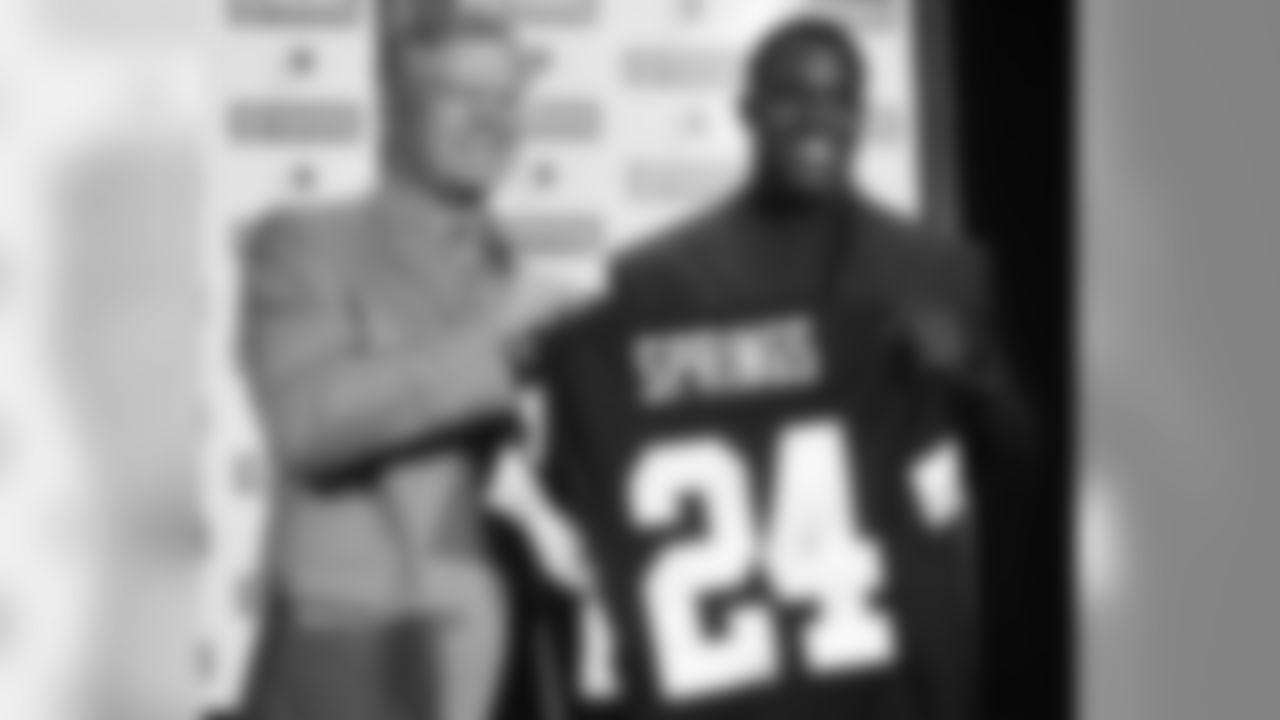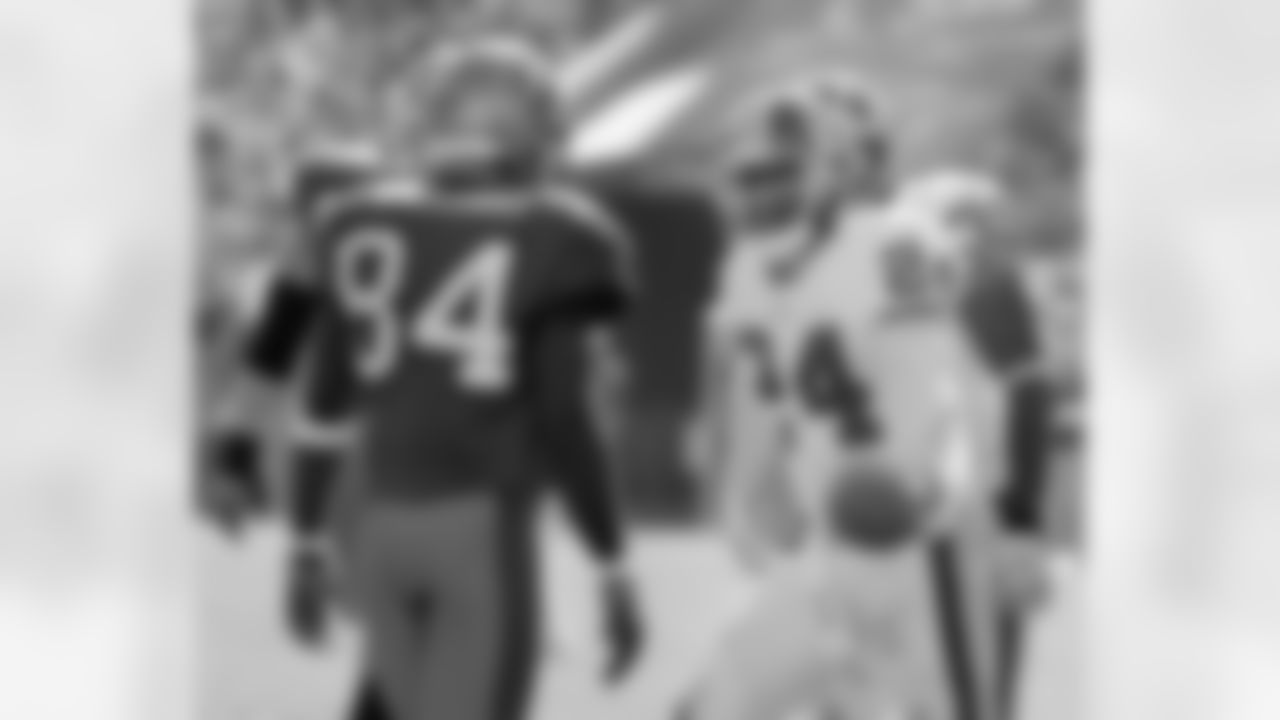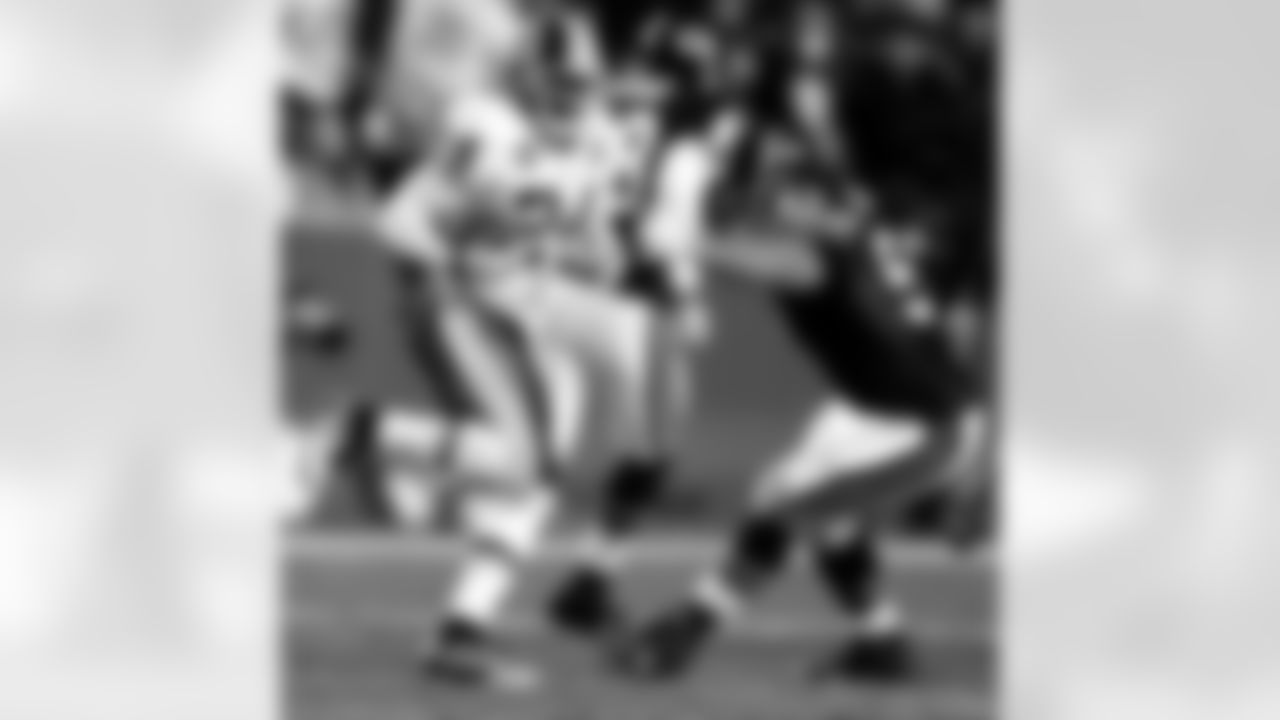For former Redskins cornerback Shawn Springs, the idea was hatched as he stood by the hospital bed of his father, a Cowboys great, in a coma with little hope to regain his normal activities. It was 2008, one year before Springs would retire, and his father's condition, compounded with football's physical toll on his own body and new discoveries about the impact of concussions, made him think ahead.
Take a look back on the career of former Redskins cornerback Shawn Springs.














Three years later, around the time his father ultimately passed away, he founded a startup company, called Windpact, which was just awarded a grant from the NFL at the Super Bowl, and began compiling doctors and engineers to start developing innovative football helmet technology.
"It really started with my dad, and seeing him in a coma and that really made me start to think about the brain and the science of that stuff," Springs told Jason La Canfora in a CBS Sports feature.
Springs, who played in Washington for five seasons starting in 2004, has since assembled a strong team of doctors and engineers that has made considerable strides in head-trauma-reducing technology. The reach is over multiple sports, too, including football, girl's lacrosse, equestrian, hockey and biking, and extending even further into the military, construction and automotive industries.
"In years past we might not have understood it, but today we have a better understanding of brain trauma," Springs said, "and the game is getting safer than ever, I really believe that. I love this game…It makes you smart enough that you really understand the game and the problems we have with it, and just crazy enough to think you can change it."
Windpact is now a respected player in the industry, and Springs' continued goal is to work with helmet companies Riddell and Schutt to develop safer equipment across their range of sports. He's even taken to airbags and car seat technology to observe how the car industry does its own testing.
"When you start thinking about it, it kind of threw me off at first," Springs said. "I was like, 'Why is the helmet my dad wore in 1981 the same one I wore in my last year in New England [2009]? I was kinda confused at first, like, 'Why haven't helmets changed more?' Think how much a Honda Accord has changed in that time. So I started thinking about that, without trying to throw anyone under the bus. Why hasn't it changed more?"
Along with NFL experts, Springs knows that concussions aren't always borne from big-hit incidents, but can occur through cumulative head trauma, referencing Luke Kuechly's struggle with a concussion last season.
"In the last five years what we've learned is the impact of the cumulative effect; it doesn't have to be big blow," Springs said.
That's something he's been more aware of with his twin sons, both of whom are committed to play football in college starting this fall. Springs, of course, knows that concussions can occur in just about any scenario that requires a helmet – from skateboarding to horse riding.
Springs' goal is not trying become a manufacturer and compete with businesses. He just wants to work with brands to make a better, safer product. So far, he and the team at Windpact have begun doing just that.
"I've always been interested in companies and how they got their start and I remember when I first got out to Seattle, the first thing I asked Paul Allen was: 'Did you know you were going to be a billionaire?' And he said, 'No, I was just trying to do something good for the world.' That always stuck with me, and that's basically what we're trying to do here," Springs said. "So while some guys were looking at investing in barbershops or stores, I always knew I wanted to be involved in real estate and technology. I wanted to be the most innovative athlete ever."














